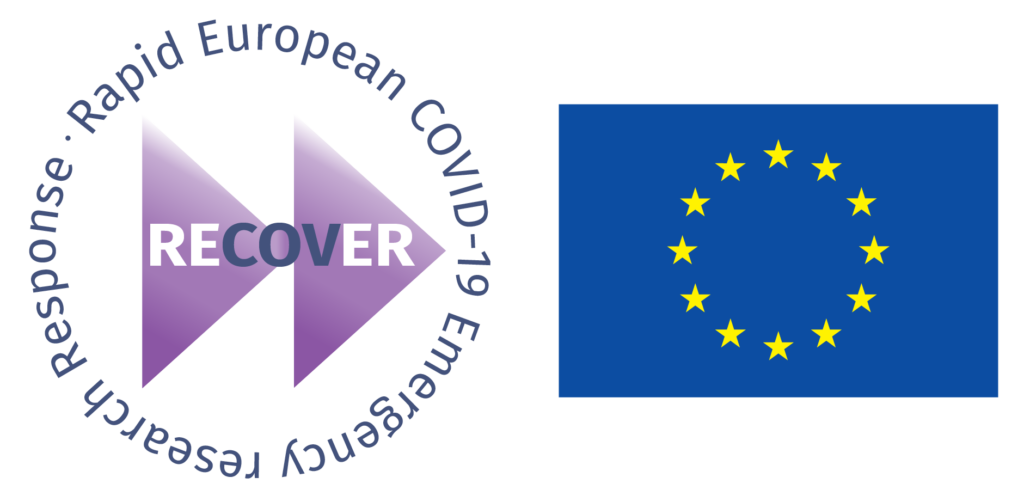Marking one year of RECOVER
RECOVER was initiated as a means to directly tackle the COVID-19 pandemic by acting as PREPARE’s Mode 3 response, the highest response Mode. RECOVER is one of the 18 projects that the European Union has founded in response to the COVID-19 pandemic. It brings together leading scientists and research institutions to obtain crucial unknown information about the disease through clinical research in order to help the EU fight the virus and save patients’ lives. Now, it is time to look back on one year of RECOVER and what we have achieved so far.
